
It is no secret that several of the Red Cross committees in Guanacaste are not doing well with their finances, but the new Law 9355, signed on May 11 by President Luis Guillermo Solis, will help the 18 subsidiary committees in the province to settle the losses that most of them have.
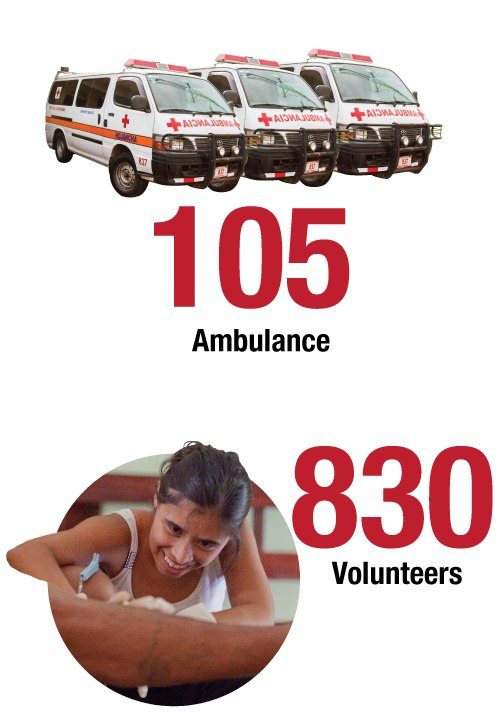
The towns where Red Cross committees are located are La Cruz, Upala, Guayabo de Bagaces, Liberia, Bagaces, Cañas, Tilaran, Las Juntas, Abangares, Colorado, Sardinal, Filadelfia, Cartagena, Santa Cruz, Nicoya, Hojancha, Nosara, Belen de Carrillo and Nandayure. In 2015, 10 committees in the province closed with a financial deficit of ¢151,887,000 ($286,580). And this year in March, 16 auxiliary committees have already presented losses of ¢81,654,000 ($154,060), which, according to estimates by the institution, project a shortfall of approximately ¢200,000,000 ($377,360) if additional revenue is not obtained.
Traditionally, the auxiliary committees have subsisted on donations and income from payments for transferring patients to medical facilities, Tico Bingo sales, cultural activities, as well as attendance and coverage of sports events and community festivals. Nonetheless, the expenses are more than the income. The highest costs are operating expenses such as salaries, social security costs, fuel and vehicle maintenance.

In addition, the institution that pays the Red Cross the most, the Costa Rican Social Security Fund (CCSS), in many cases takes more than six months to pay the committees for ambulance transfers of patients to the respective medical centers. For example, in April of 2016, the committees in the region reported approximately ¢440 million ($830,200) in outstanding accounts billed to the CCSS.
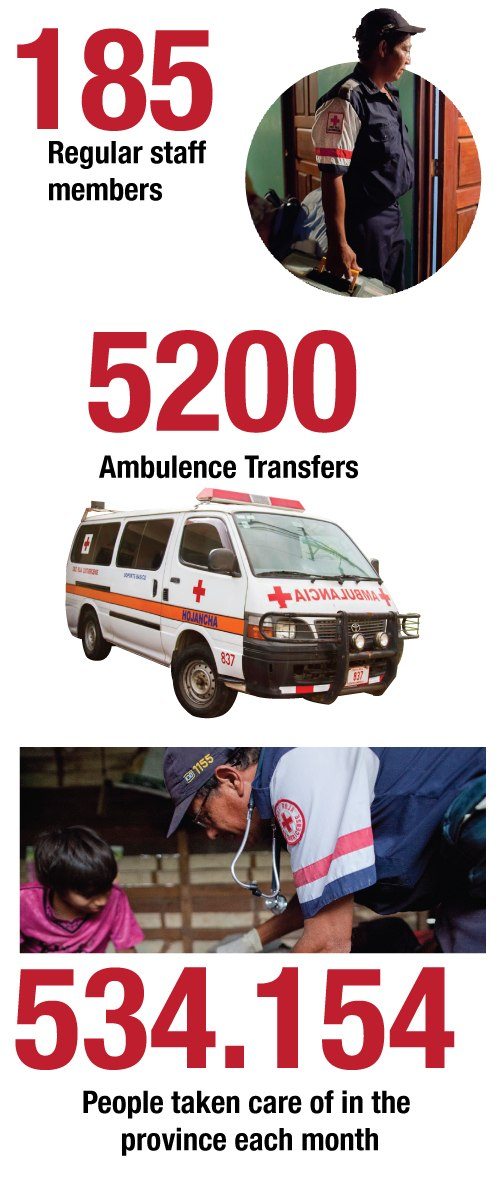
Gina Escobar, an official from the accounts receivables department of the Red Cross, said that CCSS has very slow bureaucratic procedures and they are repeatedly delayed due to errors in the personal data of patients who have been transferred to medical centers, which prevents from being made quickly, but she assured that the Social Security Fund always pays the invoices.
“Often the patient’s last name is misspelled and has to be figured out and matched up with how it appears on the insurance card. Just because of that detail, the bill has to be redone and that delays payment to us,” she reported.
Relief for Committees
Now with the approval of Law 9355, the auxiliary committees in the province will be able to operate with a little more peace of mind.
This year, it is projected that the Guanacaste committees will receive approximately ¢125,000,000 ($235,850), said Red Cross spokesman Gerald Jimenez.
“Ninety percent of these funds will be distributed to the auxiliary committees and regional boards to be used for their operating expenses,” Jimenez specified.
Miguel Saenz Castro, administrator of the Red Cross Committee in Liberia, hopes that these funds arrive in the province as soon as possible since, in his committee’s case, in the last three years, the deficit has exceeded ¢30 million ($56,600), due to which they were forced to make cuts in personnel.
The case is similar for the committee in the canton of La Cruz, where they look after more than 23,000 people, including the floating population that moves through the border area. They make approximately 500 hospital transfers each month.
Edith Gonzaga Vargas, the committee’s administrator, reported that their main expense is fuel for transporting patients, and, just like in Liberia in 2013, they had to reduce their staff by two people.


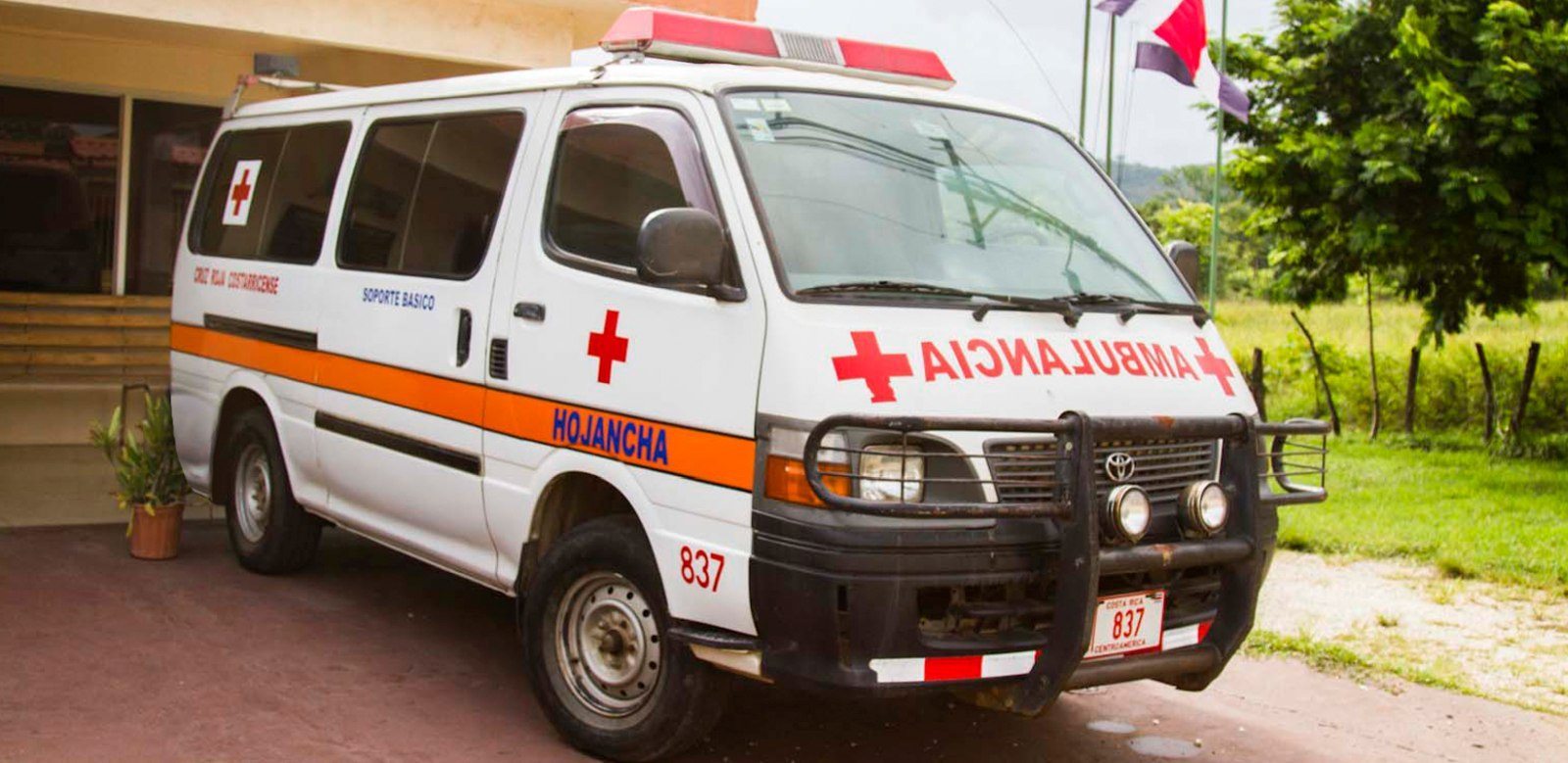

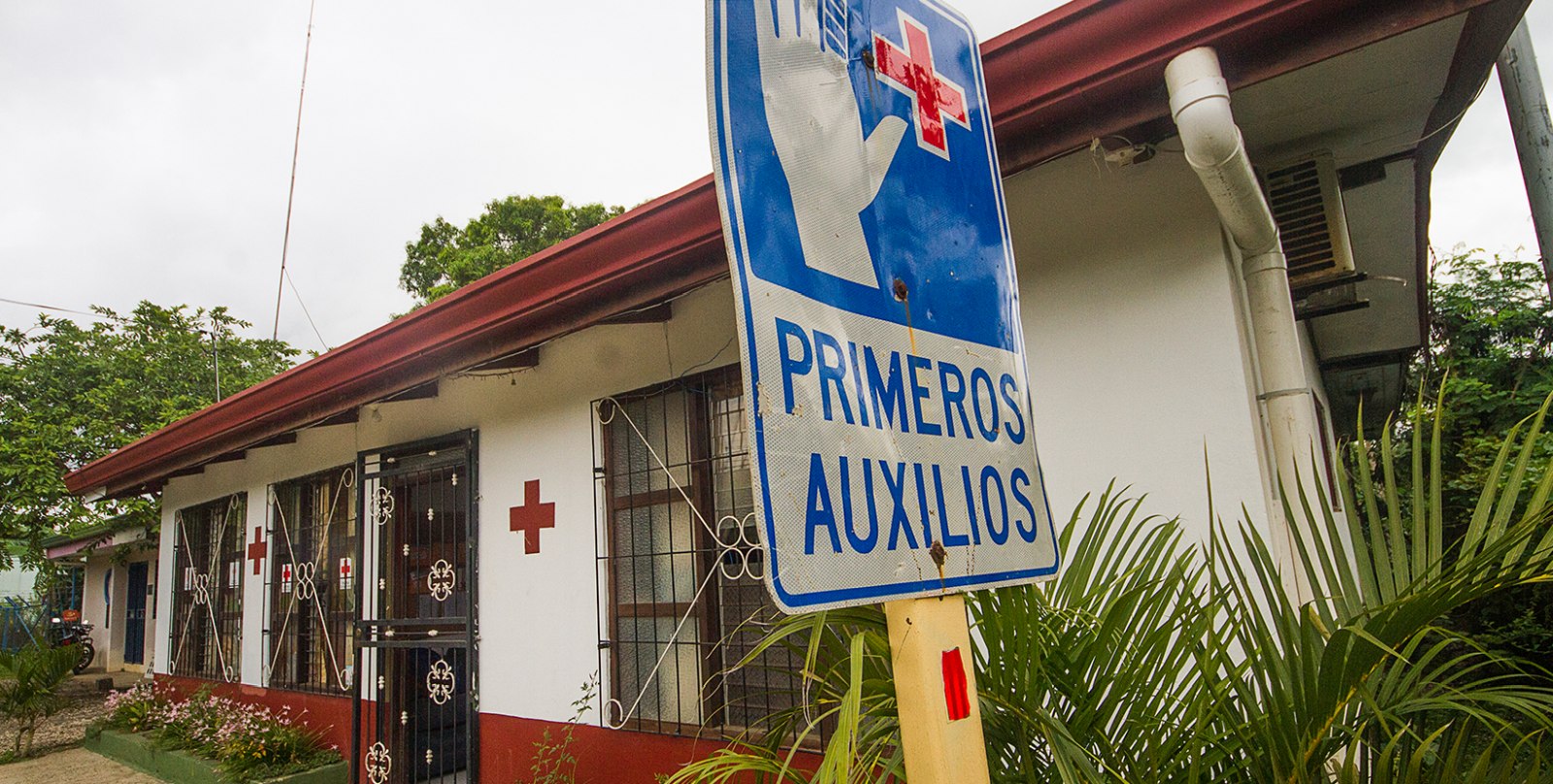
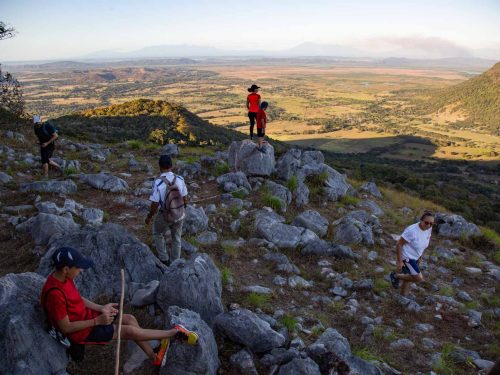

Comments